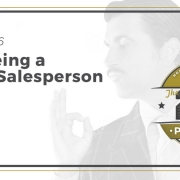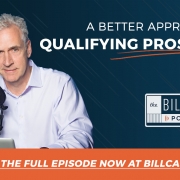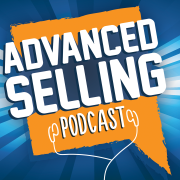The NCAA Men’s Basketball Tournament. And Playing Not to Lose.
I couldn’t help but think over the past two weekends of the NCAA men’s basketball tournament how often a team that is ahead by 15 to 20 points will begin playing not to lose the game – and watch their lead dwindle in the final moments.
 Sometimes, teams ahead by 20 points lose the game because they can never find the rhythm once they decide to go into a slowdown mode. Michigan defeating Kansas is one such example. Kansas was up by 15-20 points consistently in the second half. But they began ‘looking at the clock’ and lost their mojo. And were unable to find it.
Sometimes, teams ahead by 20 points lose the game because they can never find the rhythm once they decide to go into a slowdown mode. Michigan defeating Kansas is one such example. Kansas was up by 15-20 points consistently in the second half. But they began ‘looking at the clock’ and lost their mojo. And were unable to find it.
They eventually lost.
Another example of a lead that dwindled but the team held on was Wichita State vs. Ohio State. In that game, the same thing occurred. Wichita State had a commanding lead but went into a ‘slowdown offense’ instead of continuing to do the things that got them that lead in the first place.
I’ve also watched the countless high school games where a big lead dwindles because the team ahead stops the fast-break, the good passing, always being a threat to score and great movement.
So what is this playing-not-to-lose-mentality that overtakes us?
And does it ever happen in sales? Actually, I think playing not to lose catches us in several areas:
1. Prospecting.
We call up looking for the appointment instead of admitting that this may not be a fit. In our own mind, we “need” the appointment so we resist anything to the contrary. We play not to lose by refusing to admit that this may be a waste of time for us. We can’t tolerate the “No”.
2. The First Call.
We play not to lose by “assuming” that they have a problem which we have a solution for. We neglect asking them because what if they have no problem? We play not to lose by refusing to acknowledge that this prospect may not be a prospect at all.
3. After We Send The Sales Proposal.
How many times have you sent your proposal (or reviewed it face-to-face) only to have the prospect say, “I’ll get back with you when we have an answer”? So we go into playing not to lose mode. We don’t want to rock the boat so we follow up with weak emails like, “Just wanted to touch base to see how you were coming on your decision. If there’s anything I can do, let me know.” You’re playing not to lose by refusing to ask, “Are you going to do this or not?” (Not in those words)
So when you feel the tendency to let off the accelerator and start looking at the clock (prospects decision) – and you get that feeling that overwhelms you where you hope they say, “Yes,” recognize that you are now in the mode of playing not to lose.




